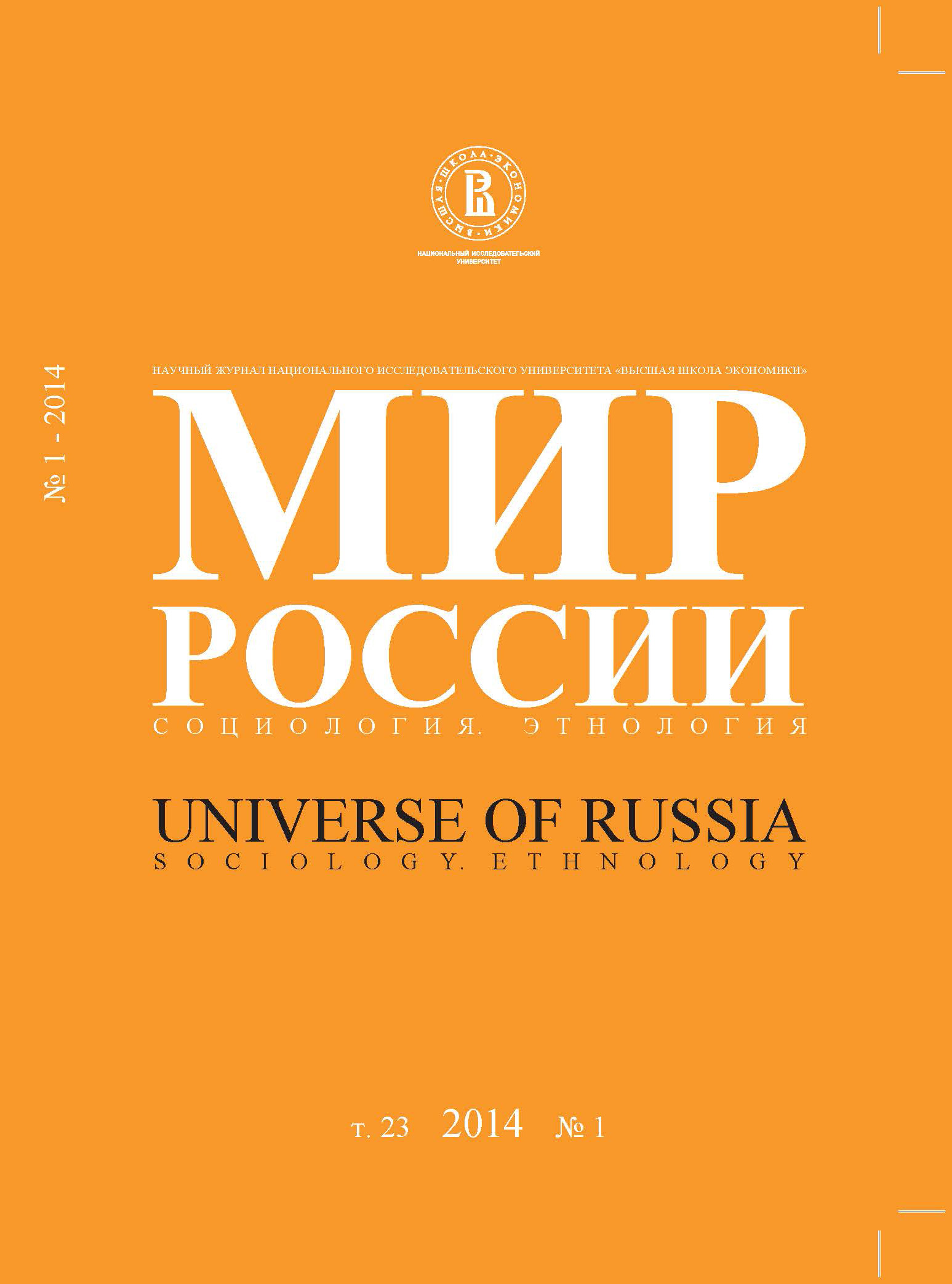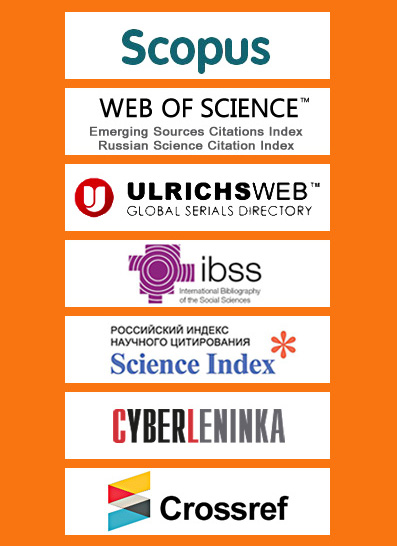Ксенофобия и мигрантофобии в контексте культуры доверия
Аннотация
Мукомель Владимир Изявич — заведующий, Сектор изучения миграционных и интеграционных процессов, Институт социологии РАН. Адрес: 117218, Москва, ул. Кржижановского, д. 24/35, корп. 5. E-mail: mukomel@isras.ru.
Рост ксенофобии во всех ее проявлениях и, в первую очередь, в форме мигрантофобий, рассматривается в контексте социального устройства современной России. Низкий уровень межличностного, межгруппового и институционального доверия, размывающий традиционные ценности россиян, формирует новые групповые солидарности. В условиях мобилизационного общества такие солидарности направлены против «чужих», в первую очередь — против этнических мигрантских меньшинств.






